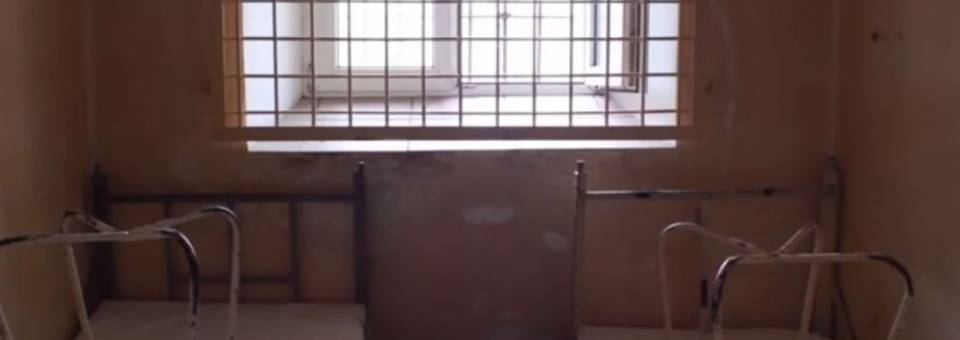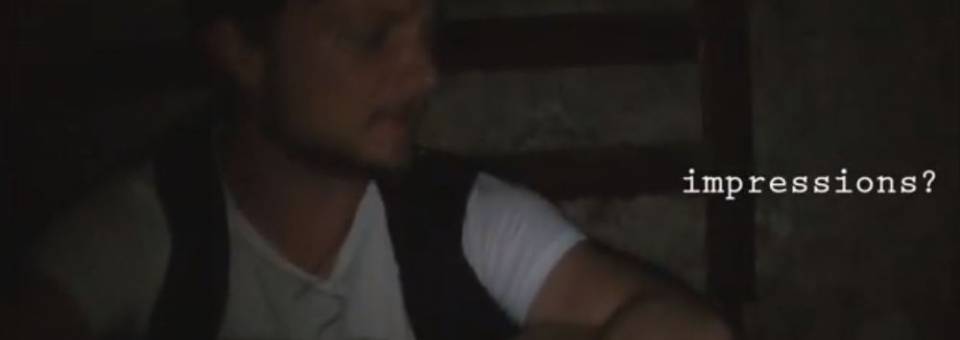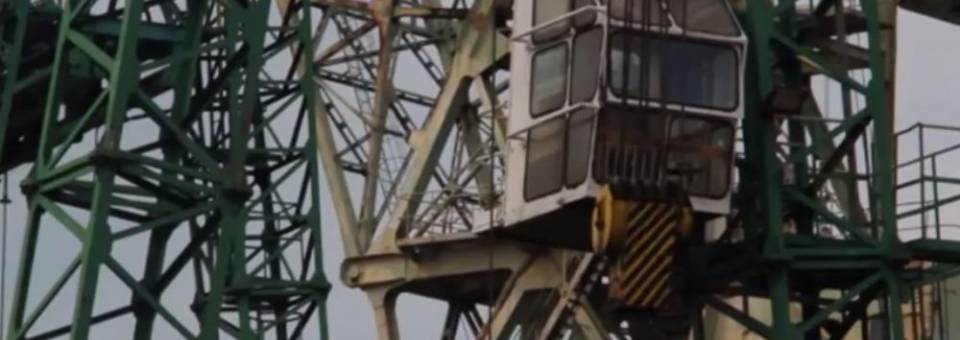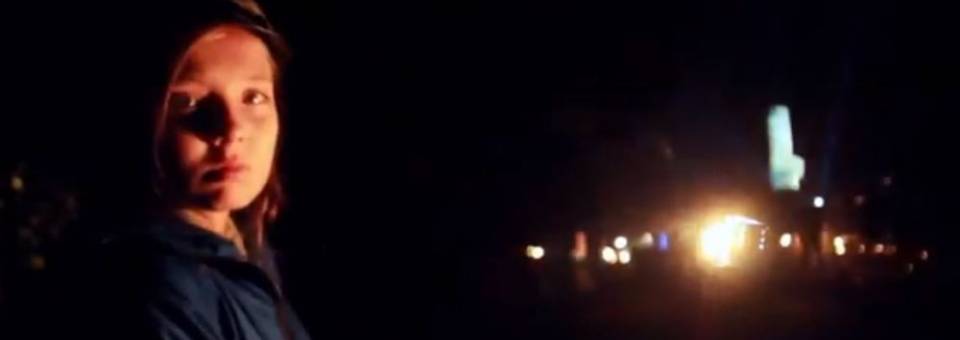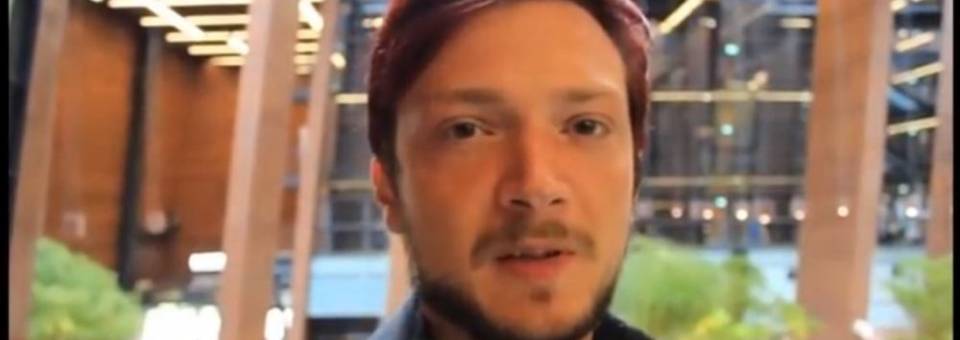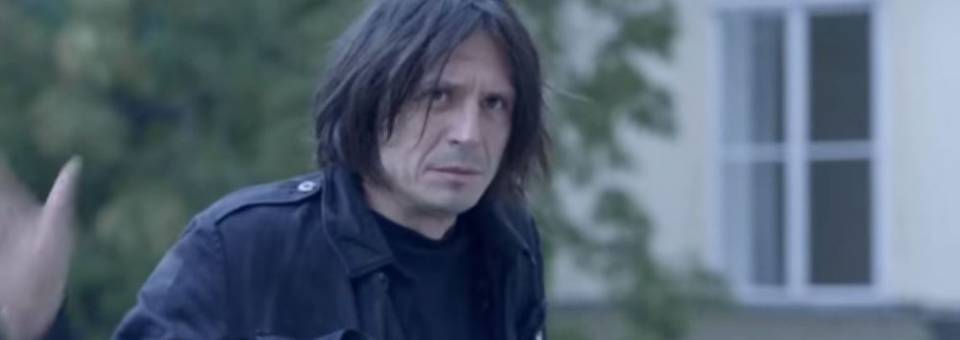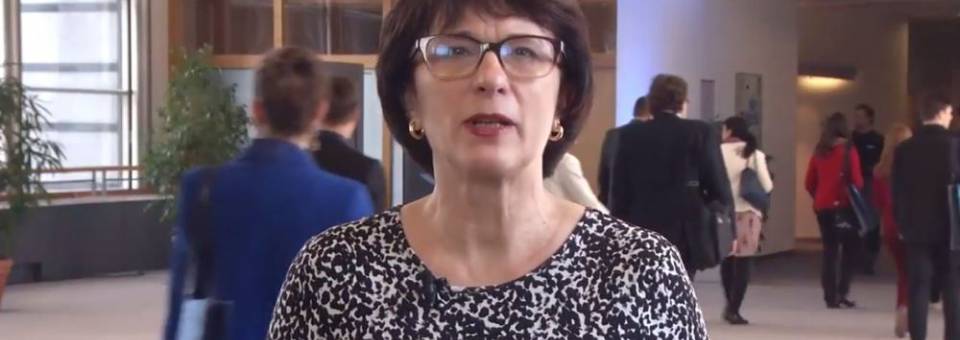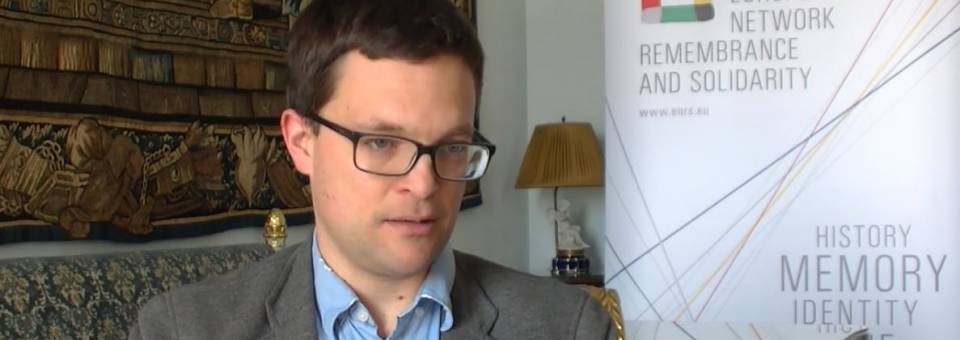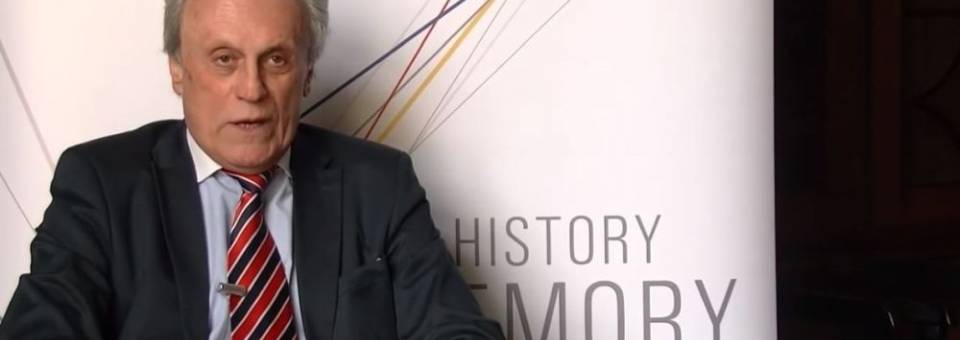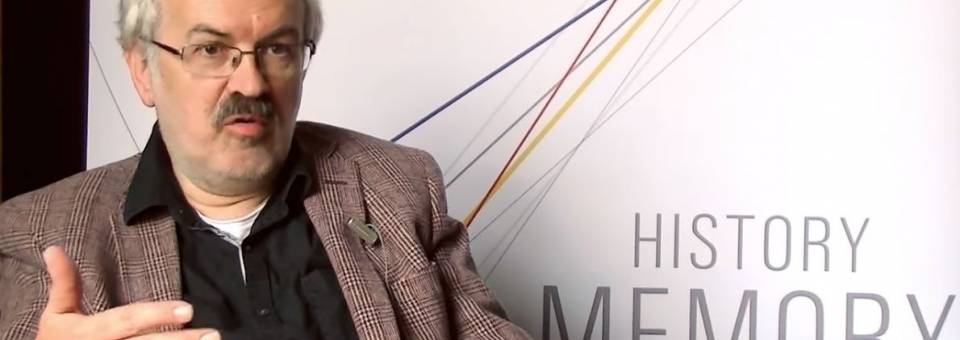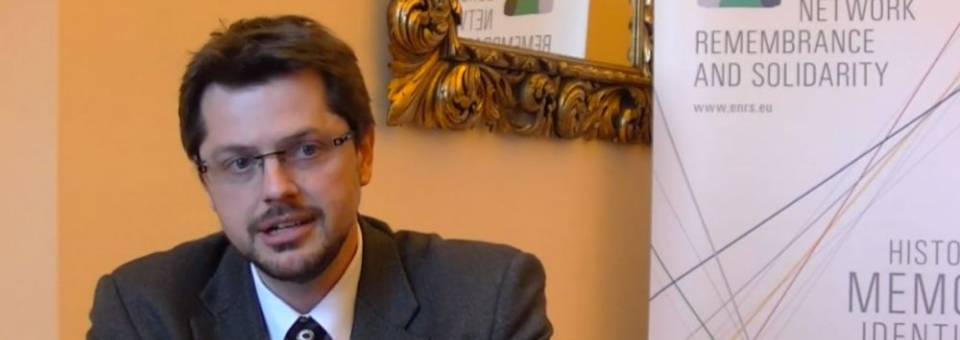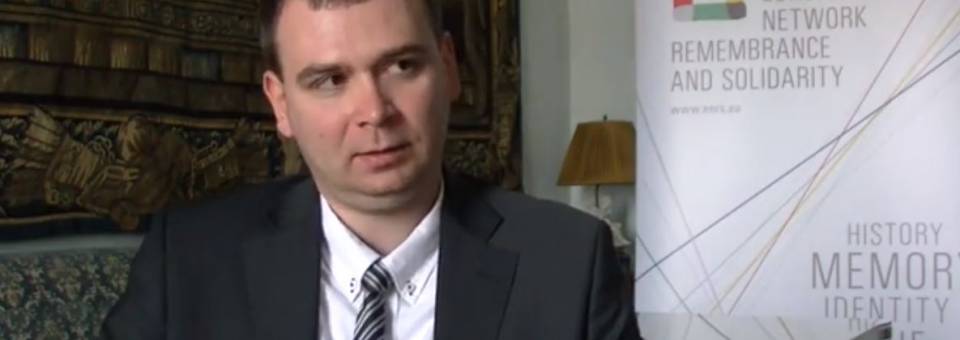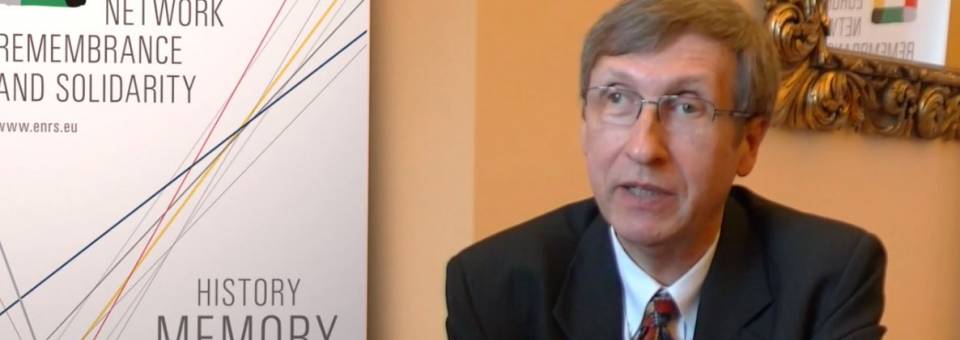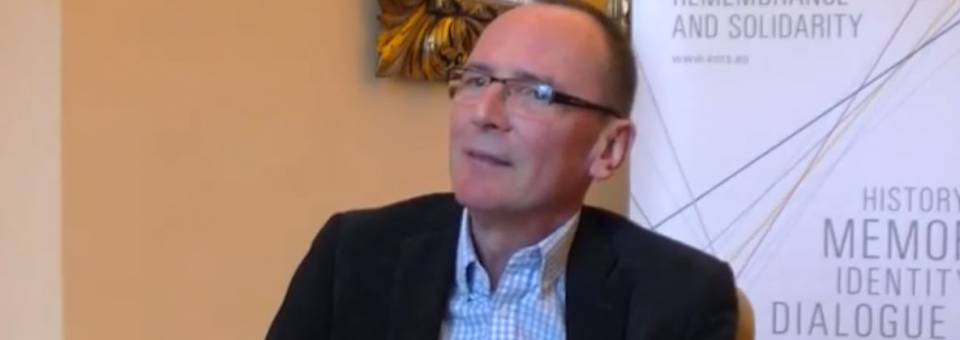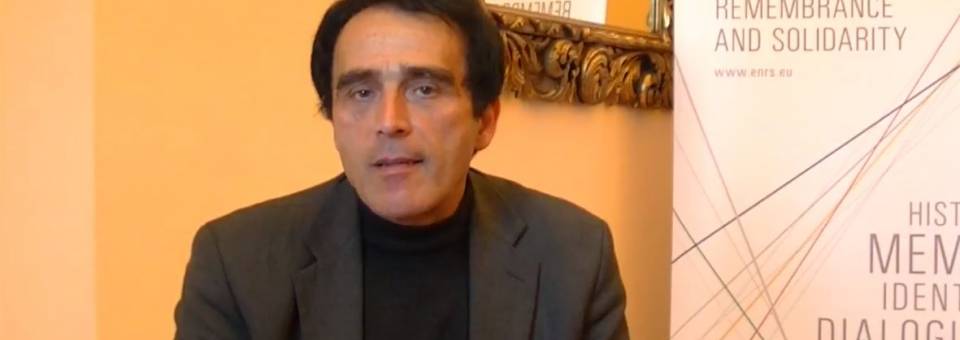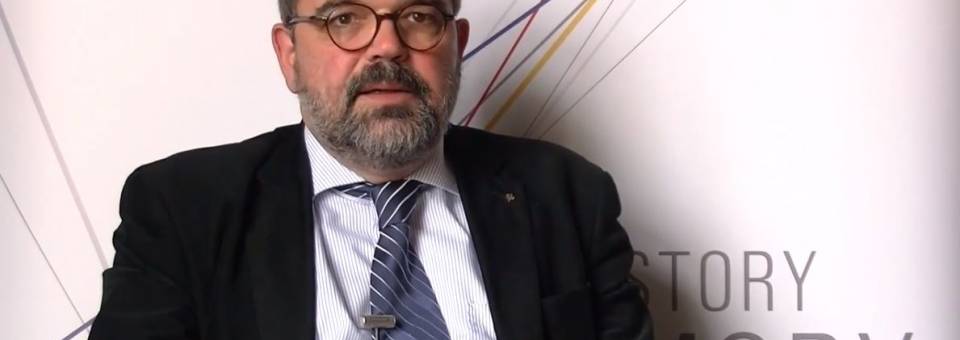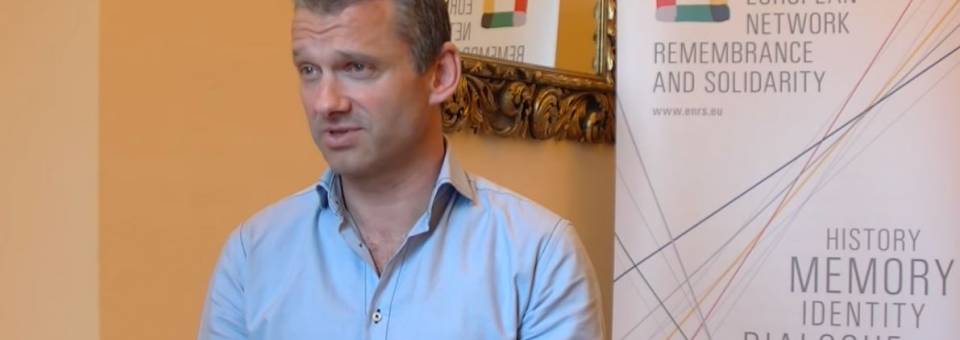A short feature made by Anna Kasperska in Rakowiecka Prison in Warsaw, Poland.
Anna Kasperska - born in 1986. Graduate of Master studies in filmmaking on Academy of Fine Arts in Warsaw. She has been involved in a film making, promotion and education since 2009. She realized three movies. One of them – “Together, written separately” – made as her diploma work this year is currently distributed for the film festivals. Between 2010 and 2013 she organized a series of independent film screenings in Warsaw cinemas. In 2013 she created and coordinated international film project focused on the topic of the border in Polish-Ukrainian cooperation.
The feature was made as a part of the Freedom Express project - an international social and educational campaign launched on the 25th anniversary of the “year of changes” – the year 1989. The project was organised by European Network Remembrance and Solidarity with the support of ministries of culture from Central European countries and in cooperation with many institutions dealing with the history of the 20th century.
